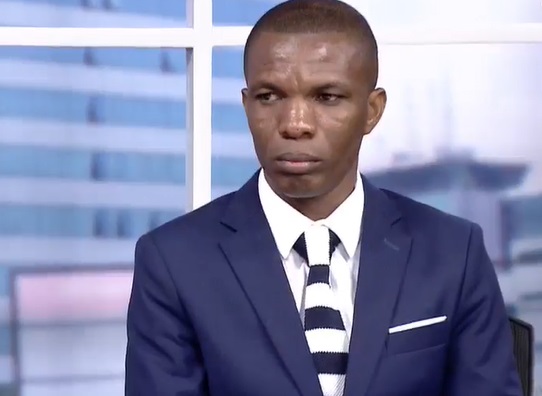
Ghana’s economic recovery hinges on investor confidence, not IMF extension – Dr. Peter Terkper
An Economist Dr. Peter Terkper has urged Ghana’s leadership to prioritise confidence-building measures over partisan debates, warning that prolonged discussions on an International Monetary Fund (IMF) extension could undermine investor trust.
The debate follows concerns about Ghana’s economic stability beyond the current IMF arrangement and media reports suggesting that former President John Mahama has rejected an extension of the programme.
Speaking on TV3’s Big Issues on Tuesday, February 18, Dr. Terkper stressed that Ghana’s economic revival depends more on restoring investor confidence than prolonging IMF support
“What the economy needs now is confidence,” he said. “The crisis that took us to the IMF resulted from an imbalance between debt and GDP. When borrowing outpaces economic growth, financial instability is inevitable.”
He cautioned that premature discussions on an extension could send negative signals to financial markets, discouraging investment. Instead, he called for measures to ensure fiscal stability and economic expansion.
“The focus should be on growing the economy, maintaining sustainable debt levels, and fostering a positive economic outlook,” he explained.
“Investors don’t rely on government rhetoric; they assess macroeconomic indicators and global credit ratings. If the messaging suggests uncertainty, it erodes investor trust.”
Strategic policymaking over IMF dependence
Echoing these sentiments, legal practitioner and NDC communications team member Hamza Suhuyini Sayibu described discussions on an IMF extension as premature. He clarified that the government had not formally engaged the IMF on the matter and dismissed reports of a definitive rejection as misleading.
“President Mahama is not ruling out an extension,” Suhuyini stated. “He is simply emphasising the need to complete the existing programme before considering any further commitments. Prematurely signalling an inability to meet IMF targets could weaken confidence in Ghana’s economic management.”
He stressed the need for a long-term economic vision beyond IMF support, citing President Mahama’s advocacy for an African Central Bank and Investment Bank to reduce reliance on international financial institutions.
Rebuilding investor confidence
Nana Yaw Sarpong, an aide to Movement for Change flagbearer Alan Kyerematen, underscored the need to rebuild investor trust and economic resilience.
He argued that Ghana should shift focus from the IMF debate to implementing policies that drive business growth and investment.
“How do you build on the 24-hour economy when investor confidence is low?” Sarpong asked. “Even business leaders hesitate to expand when economic uncertainty persists.”
He called for increased foreign direct investment in infrastructure, improved security, and inter-ministerial collaboration to create a strong economic framework.
He also pointed to the government’s efforts in honouring financial obligations, such as Domestic Debt Exchange Programme (DDEP) payments to pensioners, as signs of economic stability.
“The president is sending a clear signal that we are fixing the fundamentals,” he said. “Our economy should not depend solely on the IMF; we need a broader strategy for long-term resilience and growth.”
Sarpong also highlighted the untapped potential of Ghana’s cocoa industry, noting that processing just 30% of exports locally could create thousands of jobs and significantly boost foreign exchange earnings.
The path forward
With over a year remaining in the IMF programme, analysts argue that Ghana’s economic trajectory must be guided by sound policies rather than speculative discussions on an extension.
Dr. Terkper reiterated the importance of maintaining a positive economic outlook.
“Stability and growth must be the priority,” he said. “Investors need to see a government focused on long-term solutions, not short-term fixes.”